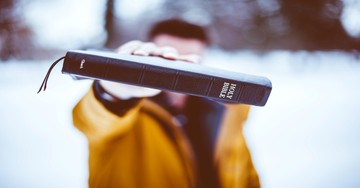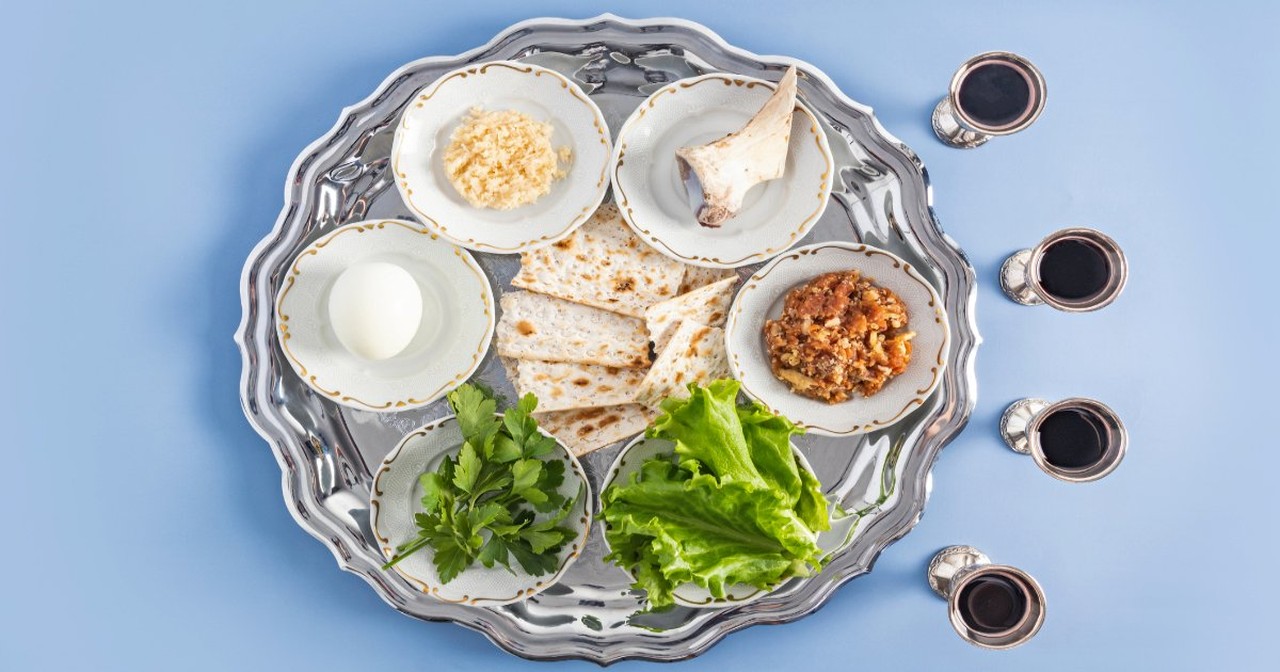
Throughout Scripture, God instituted holy days reserved for feasting, celebrating, worshipping, or fasting to serve as reminders that God is Sovereign ultimately and the One True God. Today, the Church rarely participates in the Hebrew calendar of these feasts and festivals outlined throughout the Old Testament, including Passover. That begs the question: As Christians and followers of Christ, are we still called to celebrate Passover as well?
Photo Credit: Getty/Marina Moskalyuk
The Origin of Passover
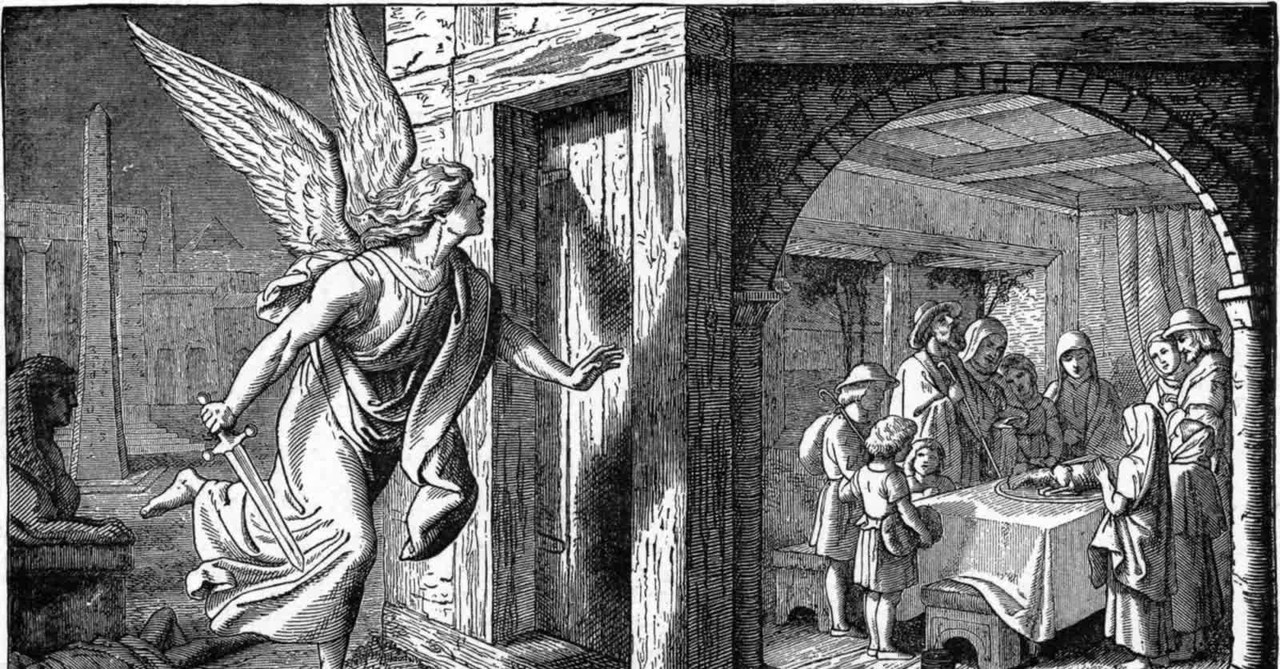
The Origin of Passover
SLIDE 1 OF 4
The origins of Passover stretch back to the roots of the sons of Jacob, the heads of the Tribes of Israel. They had first arrived in the foreign land to escape famine and to find sustenance at the leading of their tribal fathers, the sons of Jacob (who was renamed Israel). Over time, the large family of twelve sons and their offspring grew into an entire nation, so to attempt to keep control over them, the Egyptians chose to enslave them for over 400 years.
God had promised the land of Canaan to the grandfather of Jacob, Abraham, and it was time that God’s people return not only to the land but to Himself and to, ultimately, freedom in the land promised to their ancestors. God chose and commanded Moses to go to Pharaoh to seek the liberation of His people. Pharaoh would not budge, which led God to send ten plagues upon the land of Egypt. Each of these plagues represented or served as a metaphor for Egypt’s false gods, which showcased that God is indeed the One, True God.
Pharaoh stoutly chose not to comply with Yahweh's command, so a final plague, the death of the firstborn son, was ordered. This first was offered as a warning to Pharaoh and all those in Egypt if Pharaoh would not obey.
Exodus 12 outlines the direct orders to those who chose to obey God how to be spared from the final plague, ending with the instructions, “For I will go through the land of Egypt on that night, and will strike down all the firstborn in the land of Egypt, both man and beast; and against all the gods of Egypt I will execute judgments—I am the Lord. The blood shall be a sign for you on the houses where you live, and when I see the blood, I will pass over you, and no plague will befall you to destroy you when I strike the land of Egypt.” (Exodus 12:12-13, NASB).
When the judgment of the Lord had come as forewarned, those who did as God said were passed over, hence the naming of the feast. Passover was not a one-and-done observance, but it would prove in time to hold great importance and symbolism through the work of Jesus Christ on the cross.
Photo Credit: Wikimedia Commons/Public Domain Image
Why Was Passover a Holy Holiday?
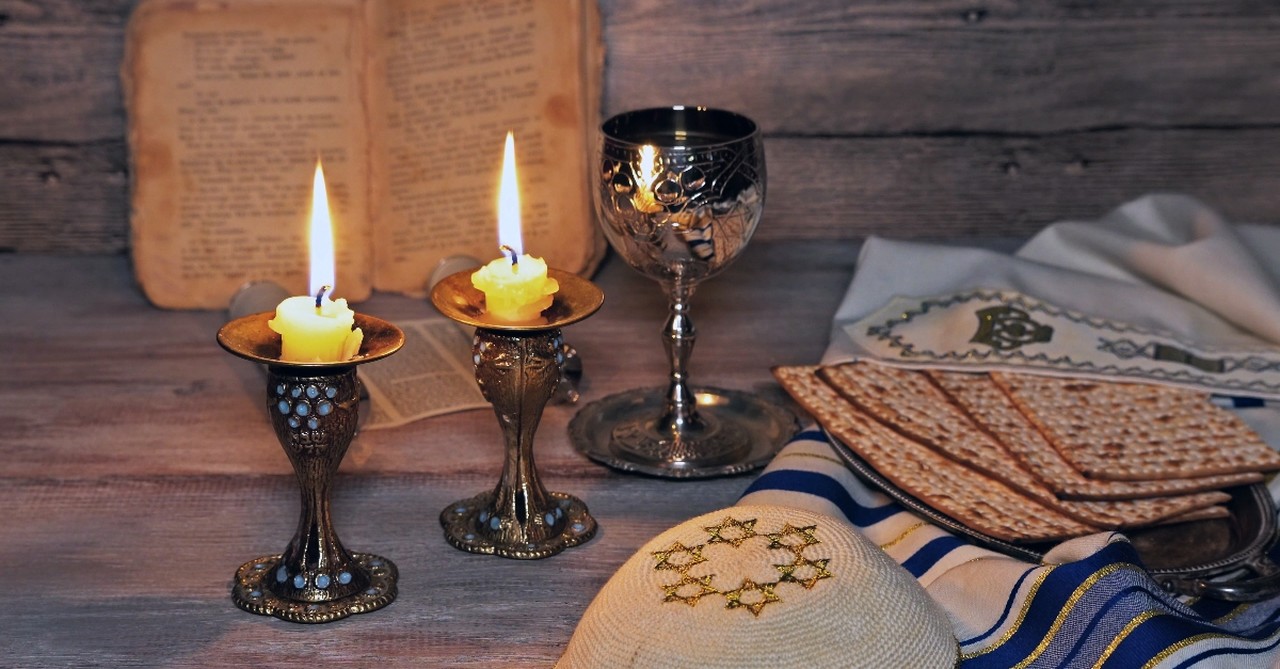
Why Was Passover a Holy Holiday?
SLIDE 2 OF 4
We see events or miracles repeatedly in scripture without a holiday or holy day instituted afterward. However, Passover is a prime example of God’s heart for His people to celebrate and remember His faithfulness again and again.
Exodus 12:13 explains the feast of Unleavened Bread as part of Passover, “‘Now this day will be a memorial to you and Lord; throughout your generations, you are to celebrate it as you shall celebrate it as a feast to the [p]a permanent ordinance.” (Exodus 12, NASB).
The instructions continue further in Exodus 12:23-27 explaining, “For the Lord will pass through to smite the Egyptians; and when He sees the blood on the lintel and on the two doorposts, the Lord will pass over the door and will not allow the destroyer to come into your houses to smite you. And you shall observe this event as an ordinance for you and your children forever. When you enter the land which the Lord will give you, as He has promised, you shall observe this [aa]rite. And when your children say to you, ‘What does this rite mean to you?’ you shall say, ‘It is a Passover sacrifice to the Lord who passed over the houses of the sons of Israel in Egypt when He smote the Egyptians, but spared our homes.’” And the people bowed low and worshiped.” (Exodus 12, NASB).
Passover is not an observed holiday that ended with the coming and resurrection of Christ; instead, it is to be observed, as verse 24 explains, forever. This feast and observance can be an opportunity to share with the next generation and those around us in fellowship with our God and to remember in our hearts that He is indeed the One True God. It is a Holy Holiday that reminds every generation since the liberation of the people of Israel in Egypt that there is truly One God, and He is to be honored and worshipped for the great things He has done. We continue the legacy and heritage of hearts set on the Lord when we remember His goodness and share that goodness.
Photo Credit: iStock/Getty Images Plus/photovs
How Is Passover Celebrated in Scripture?
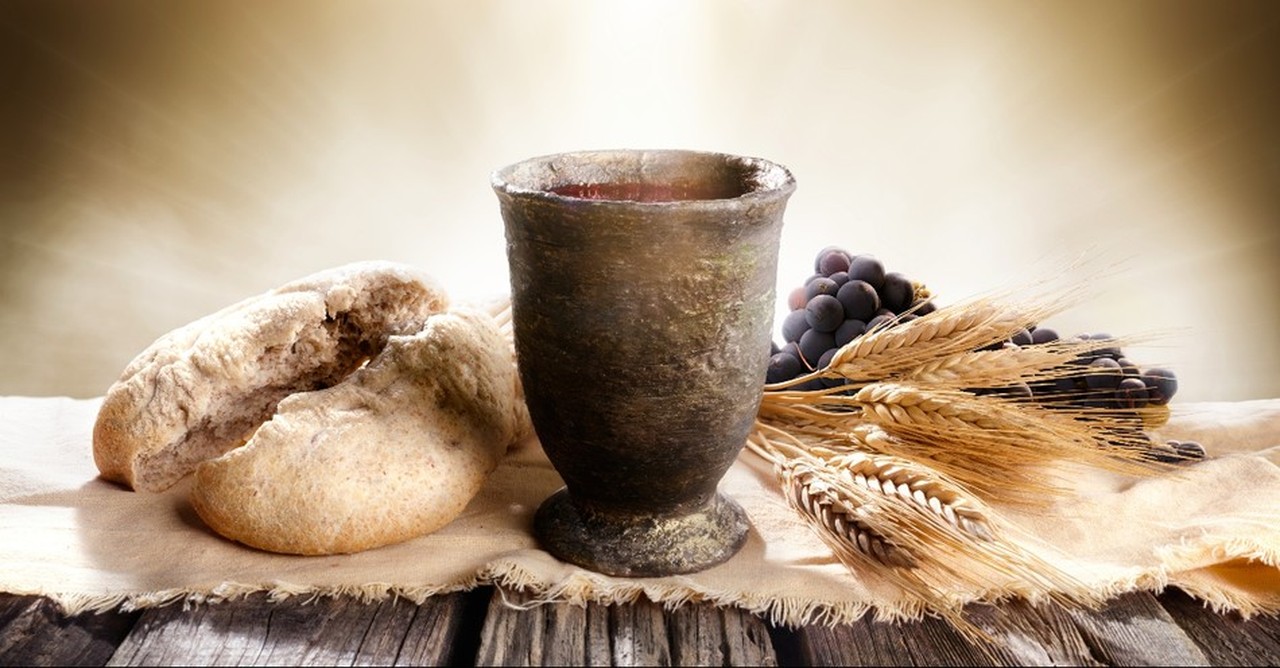
How Is Passover Celebrated in Scripture?
SLIDE 3 OF 4
Scripture outlines the instructions for the Passover celebration in Exodus 12. Passover was a significant event of the year, and all Jewish people were encouraged to participate.
Passover was celebrated differently before 70 AD (when the Temple was destroyed) and began with the Feast of Unleavened Bread as outlined in Leviticus 23:4-8, "'These are the Lord's appointed festivals, the sacred assemblies you are to proclaim at their appointed times: The Lord's Passover begins at twilight on the fourteenth day of the first month. On the fifteenth day of that month, the Lord's Festival of Unleavened Bread begins; for seven days, you must eat bread made without yeast. On the first day, a sacred assembly is held, and no regular work is done. For seven days present a food offering to the Lord. And on the seventh day hold a sacred assembly and do no regular work.”
The Feast of Unleavened Bread precedes Passover, which requires an unblemished lamb as part of the Passover Meal, as outlined in Exodus 12. Every year, in accordance with the command, the Jewish people prepared this meal, including the lamb, to adhere to Scripture and ultimately honor all that the Lord did through the very first Passover.
Photo Credit: ©iStock/Getty Images Plus/RomoloTavani
Should Christians Also Celebrate Passover?

Should Christians Also Celebrate Passover?
SLIDE 4 OF 4
Jesus celebrated Passover, as seen through the Last Supper with His disciples. So, as Christ’s followers, we can, too, celebrate Passover and enjoy a Seder meal or feast together in fellowship with other believers. Exodus 12 commands that Passover should not only be for a select time but be remembered forever. (Verse 12:24, NASB).
According to Bible Study Tools, “Passover is celebrated for seven or eight days (depending on the tradition) and begins with the Seder. This ritual meal includes reading the Haggadah (a text that recounts the story of the Exodus), eating matzah (unleavened bread) and bitter herbs, and drinking four cups of wine. These elements serve as symbols of the suffering and the subsequent liberation of the Israelites. The festival is deeply rooted in themes of redemption and freedom, and it has been observed by Jewish communities worldwide for thousands of years. Passover also has significance in Christian traditions, where it is seen as prefiguring Jesus Christ's last supper, crucifixion, and resurrection.”
Each of the reflections and aspects of the Seder point to the original story of Passover, but as Christians, we can connect the dots to see that it all was setting the stage for Jesus. Passover holds great significance not only for what God did in Exodus but for us today through the Redemption through the death and resurrection of Jesus Christ, the ultimate unblemished Passover Lamb. As Christians and Christ followers, we should celebrate God's goodness, faithfulness, and love through Passover and the Resurrection.
Articles Referenced:
What Is Passover? Bible Meaning and Connection to Christ
Photo Credit: ©Unsplash/Phil Goodwin
Cally Logan is an author and US History teacher from Richmond, Virginia. Her works have been featured on "The 700 Club Interactive," “Jesus Calling Blog,” and “Coffee and Bible Time,” among several notable outlets. She served as a mentor for young women for several years and enjoys challenging women to develop deeper relationships with God and to live fearlessly and authentically. She received her B.A. Degree from Regent University. In her spare time, she enjoys spending time in nature, having genuine chats over coffee, and woodworking. Her new book, The Wallflower That Bloomed, is available everywhere now. Connect with Cally: @CallyLogan Instagram CallyLogan.com
Originally published March 30, 2025.

